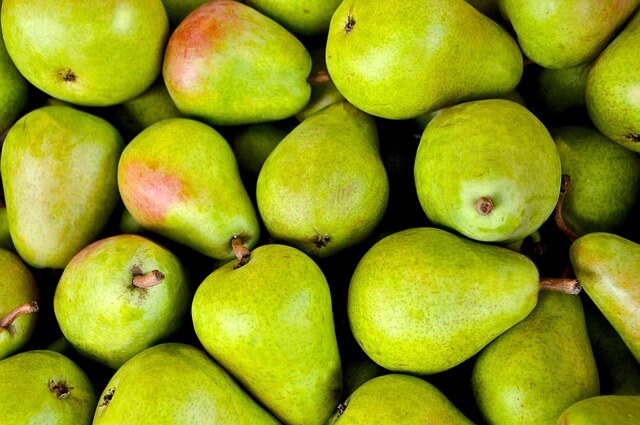Our planet needs healing….
To restore and heal the planet, many steps and actions must be taken, including a profound transformation of our food system and habits. In this blog post, we take a closer look at some responsible eating habits that you can include in your everyday life!
Prioritizing new eating habits

To minimize the negative impact on the planet, a paradigm shift in our dietary choices is needed. In the pursuit of restoring the planet and creating a healthier and more sustainable future, it is imperative that we reconsider what and how we eat, as well as the ways we produce our food. Changing our habits and adopting more responsible eating habits is crucial in order to protect the planet and also for our human and individual well-being.
While food habits are a personal and cultural matter, we can all actively contribute to the well-being of ourselves and the planet by making mindful and conscious choices in our diet. This involves an effort to adopt practices that prioritize nutrition and ethical sourcing and are focused on environmental responsibility.
Responsible Eating Habits
No one is perfect, and neither are we! But small changes to your habits are better than nothing. Here is a list of how you can change your eating habits to be more responsible. Maybe you’re already following all of them, maybe you can tick some of them off, or maybe you want to add some of them to your routine and considerations.
1. Eat more plants, less meat
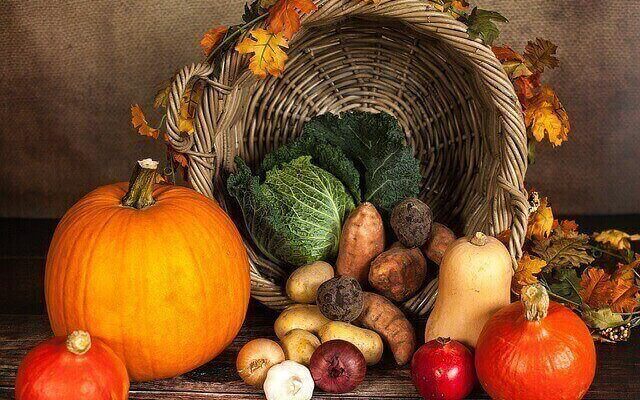
Farming animals for meat and dairy takes up a lot of space, water, and food. This industry alone creates almost 15% of all human-made greenhouse gases. Since meat consumption worldwide has gone up by 500% from 1992 to 2016, it’s evident we should focus more on plant-based foods and cut back on eating animal products to balance our diets better.
2. Make conscious seafood choices

Most fish stocks are overfished or exploited. Therefore, always look for species and options from well-managed and certified sources. Try to eat lower in the food chain, and opt for lower carbon-emission seafood. Some seafood certifications to look for include:
- Marine Stewardship Council (MSC)
- Aquaculture Stewardship Council (ASC)
- Best Aquaculture Practices (BAP)
3. Reduce food waste
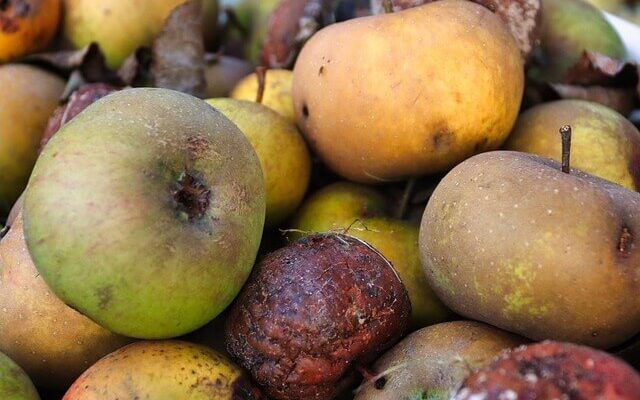
30% of the food produced is wasted, with serious consequences for the environment. Reducing waste in your household can be done by freezing anything you can’t eat while it’s fresh and, where possible, buying loose produce so you can select the exact amount that you need. Plan your meals so you can create a weekly meal plan, make a shopping list, and buy only what you need. Also, use leftovers creatively!
4. Look for RSPO-certified palm oil

Unsustainable palm oil causes extensive deforestation, endangering wildlife such as orangutans and tigers while also fueling greenhouse gas emissions and climate change. However, completely avoiding palm oil may lead to unintended environmental consequences – as some alternatives require even more land for production. Therefore, if you need to buy palm oil, prioritizing products with RSPO certification is crucial. The RSPO certification ensures that palm oil is produced in a manner that minimizes environmental impact, respects the rights of workers and communities, and doesn’t damage the conservation of biodiversity.
5. Eat what is in season and what is local
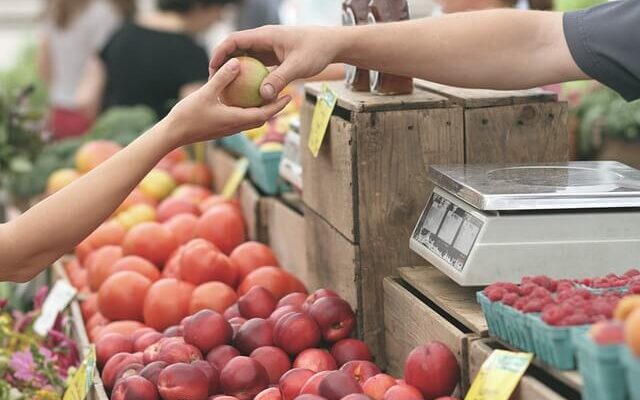
When possible, choose seasonal products that you can shop locally, too. First of all, this supports the local economy. But eating what is in season is also a great way to eat more sustainably. Growing fruit and veg in season requires lower levels of artificial inputs like heating, lighting, pesticides, and fertilizers than at other times of the year. Also, ask any chef, and they’ll tell you that fruit and vegetables are at their freshest and tastiest when they’ve just been picked. Therefore, why go for tasteless strawberries in Winter or unappetizing asparagus in Autumn?
6. Support responsible agriculture and farming
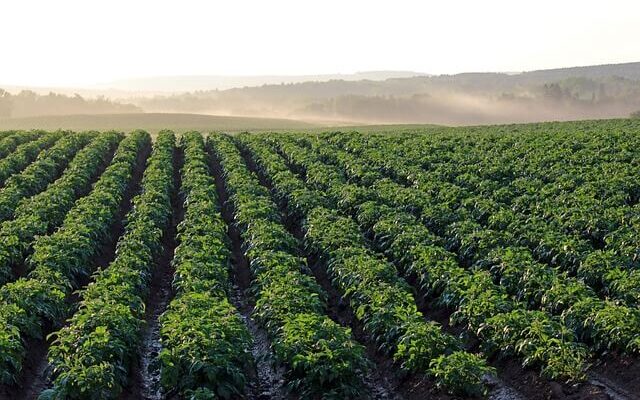
Responsible agriculture prioritizes practices that support environmental stewardship, animal welfare, and social equity. It involves minimizing negative environmental impact, promoting animal welfare, engaging with communities, and ensuring long-term effectiveness. By choosing products from farms and producers committed to responsible practices, we can play a vital role in creating a healthier, more equitable, and more responsible food system.
7. Prioritize whole foods

Prioritizing whole foods is beneficial for both personal health and the environment. Eating whole foods is more beneficial for the environment due to several reasons. The production and processing of whole foods generally require less energy compared to heavily processed foods. Many whole foods, such as fruits, vegetables, legumes, and grains, can be grown using environmentally friendly methods such as organic farming, crop rotation, and agroforestry, which help preserve soil health, minimize water usage, and reduce reliance on synthetic pesticides and fertilizers.
Whole foods generally require less water for production compared to processed foods. Producing meat and dairy products, in particular, requires large amounts of water for livestock rearing and feed production. Choosing plant-based whole foods can help conserve water resources.
By opting for whole foods, we can make choices that are not only beneficial for personal health but also for the health of the planet.
8. Grow your own food
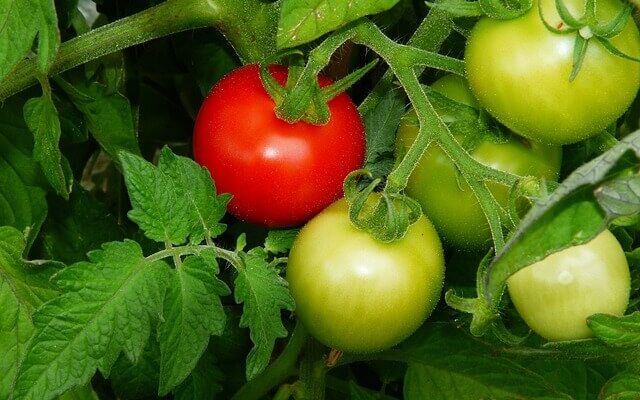
Fresh, home-grown food is more environmentally friendly and also offers great flavor and nutrition. Unlike store-bought food, which often carries a significant carbon footprint due to transportation, packaging, and processing, home-grown produce eliminates these concerns.
Every effort counts!
Adopting responsible eating habits is a journey that involves making conscious choices about what and how we consume and from where we buy. Whether it’s incorporating more plants, prioritizing whole foods, or even trying our hand at growing our own food, every effort counts. Embracing small changes in our habits contributes positively to our health and the environment.
Thank you for reading and learning about responsible habits and eco-consciousness ways of being!
Don’t forget to check out our blog for more content on eco-conscious stories, responsible living, travel, and much more! Click here to visit now.
